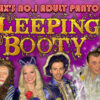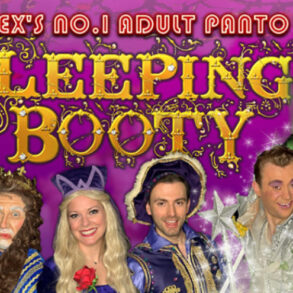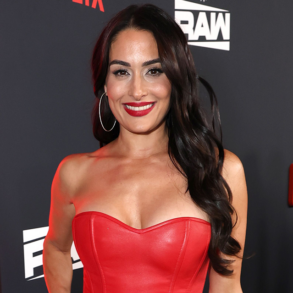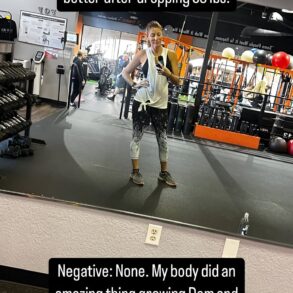TALLAHASSEE, Fla. (WCTV) – Hairstyles that have grown to be popular in the black community have a deep history that dates back centuries. Black hair comes in many different textures and styles, but black hair goes beyond appearance.
Hairstyles have a rich history that dates back centuries. In Africa, before colonialism, hair was a symbol of social status, according to FAMU history professor Yanela Mcleod.
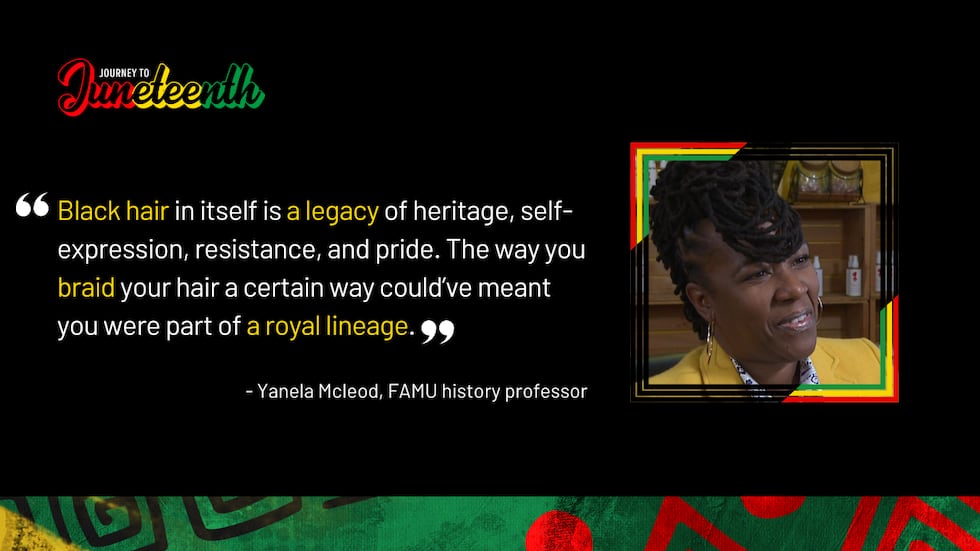
The professor said the way women may have curled or colored their hair was all associated with the culture in the native lands in Africa.
Africans were torn away from their cultures during the transatlantic slave trade. Millions of African people were trafficked to North America. Hair then became tied to survival.
“Women may have taken some grain or rice with them and braided it in their hair cause they didn’t know where they were going but they knew they needed sustenance,” Mcleod said.
During slavery, cornrows were used to create maps to flee plantations, Mcleod said. Cornrows are braids that are done in patterns close to the scalp. Black women would weave or braid their hair to map the directions leading to freedom or safe spaces for the enslaved.
More Journey to Juneteenth:
Over the decades, black hair has continued to evolve. However, some popular styles like dreadlocks, Bantu knots, and braids haven’t been considered professional. Black people have been discriminated against based on their natural hair, including the founder of Curls for Queens, Mikayla Fedd.
“Compared to when I have braids and I have to find a way to put my hair in a bun and make sure that it looks professional or when I have my afro and I’m nervous because I don’t know how I’ll present to somebody that’s interviewing me,” Fedd said. “That might not be the case in other communities.”
Through facing discrimination and the pressures to conform, natural hairstyles have become more accepted by society and that is partially due to the CROWN Act, which stands for Creating a Respectful and Open World for Natural Hair. The act prohibits racial discrimination based on hair textures and hairstyles like dreads and braids in the workplace and in public schools, according to the CROWN coalition.
“I applaud those trailblazers who are going to create spaces for black people to naturally exist in all of their beauty, their identity, their glory and so I think the CROWN Act is a part of that,” Mcleod said.
No matter the hairdo, hair is about much more than style.
“Even if it’s straight or it has extensions in it they are sculptures to just reflect how they’re feeling, to reflect their personal identity and their cultural pride,” Mcleod said.
To stay up to date on all the latest news as it develops, follow WCTV on Facebook and X (Twitter).
Have a news tip or see an error that needs correction? Write us here. Please include the article’s headline in your message.
Keep up with all the biggest headlines on the WCTV News app. Click here to download it now.
Copyright 2024 WCTV. All rights reserved.
This post was originally published on this site be sure to check out more of their content.

